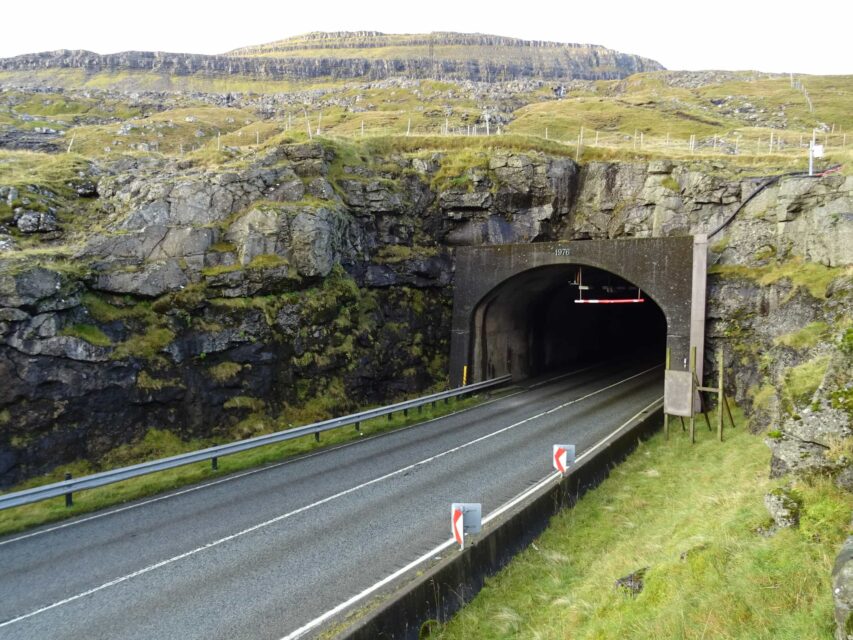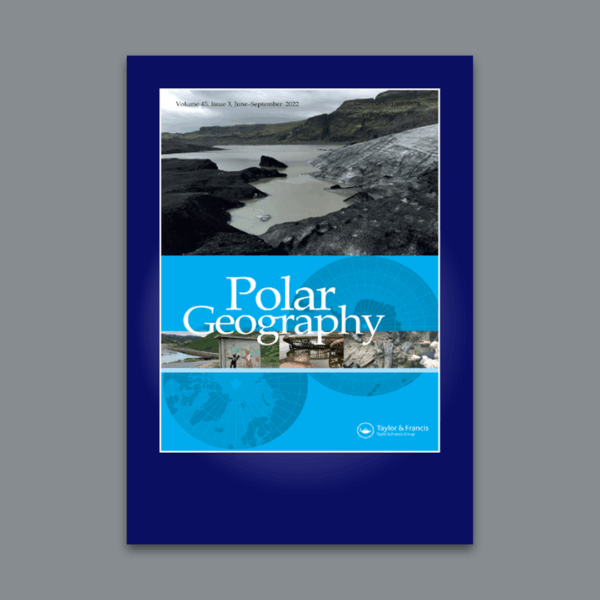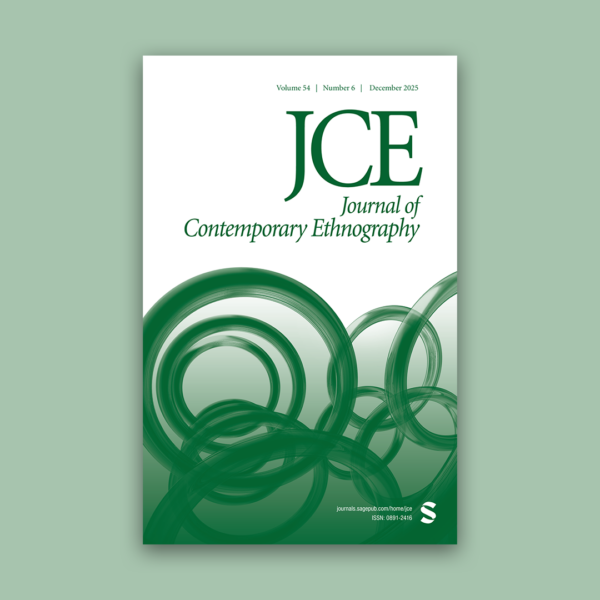Sep 30, 2024: Article by Alexis Sancho-Reinoso and Tim Heleniak in “Island Studies Journal”

Island Studies Journal has recently published several early-access papers prior to assignment to an issue, including the article “Turning the Faroes into One City. Demographic and Spatial Impacts of 60 Years of Transport Infrastructure Expansion,” by Alexis Sancho-Reinoso and Timothy Heleniak.
Over the last six decades, the Faroe Islands, an 18-island archipelago in the North Atlantic, undertook a massive road construction project. The project included building many tunnels, the first of which opened in 1963, and sub-sea tunnels, the most recent one was inaugurated in December 2023. Transport infrastructure lies at the foundation of the country’s development, and ferry lines have been progressively replaced by fixed links regardless of socio-economic conditions, such as the economic and demographic collapse after the crash of the fisheries in the early 1990s.
This article investigates the archipelago’s spatial and regional development over the last six decades to determine whether road expansion has contributed to demographically sustaining communities. This is done by analysing the development of transport infrastructure and its impact on population change at the regional, island, and village levels. Results show that fixed links have been critical in connecting distant villages and islands together across the archipelago. Yet, the few exceptions of the so-called ‘outer islands’ demonstrate that tunnels alone have been insufficient to achieve a demographically balanced country. In terms of spatial development, we argue that fixed links (i) have favoured individual mobility patterns; (ii) have re-configured existing centre-periphery relationships; and (iii) may have altered the archipelago’s insular condition.
The full article can be read online here.





